Dairy is a food group that if often debated, is it good or bad for us?
Dairy has been a long time essential food group, even being listed on the food pyramid. But more and more people are choosing a dairy free lifestyle.
Dairy can contribute to a healthy diet, but you have to be mindful about the type and quantity of dairy that you consume. Dairy products offer protein, calcium, and many other nutrients, but they can also lead to digestive upset and contain high levels of saturated fat and sugar
So, what are the pros and cons of dairy? Let’s break it down for you!
Pros
Dairy is a convenient source of essential nutrients like calcium, vitamins A & D, potassium, riboflavin, zinc and protein.
Calcium, potassium, and vitamin D are all essential to good bone health. These nutrients ensure proper bone growth and development in children, increase bone density, and help adults maintain bone mass. These bone strengthening nutrients can help reduce your risk of osteoporosis.
According to the USDA, diets that include dairy are associated with a lower risk of both cardiovascular disease and type 2 diabetes in adults.
Potassium rich diets may also help maintain healthy blood pressure by limiting the effects of sodium.
Milk and dairy products, such as cheese and yogurt, are great sources of protein and calcium. They can form part of a healthy, balanced diet.
Cons
Many dairy foods are high in saturated fats. Saturated fats can increase low-density lipoprotein (LDL) – or “bad” – cholesterol levels. Higher LDL levels can increase your risk for coronary heart disease.
Some people have a lactose intolerance. Those who are lactose intolerant cannot properly digest lactose, which is the sugar found in milk. This can lead to diarrhea, stomach aches, or other gastrointestinal issues.
Many dairy products, such as cheeses, are high in sodium. Sugar is also added to some dairy products — not just ice cream, but also yogurt, frozen yogurt, cheesecake, and other desserts. Milk contains natural sugar, so when more is added to sweetened yogurt, you can end up with a breakfast treat that’s the equivalent of that frosting-laden doughnut.
There’s been a growing interest in raw milk lately. Some claim that raw milk is better for your health because it’s more natural, or because the pasteurization process eliminates health benefits of milk. According to the CDC, unpasteurized milk and cheese can be dangerous, and do not offer significant health advantages.
For those not wanting to consume dairy, there are more alternatives now than ever before. Such as:
Rice, oat, almond, hazelnut, coconut, quinoa and potato milks.
So, the great debate — is dairy healthy?
The type of dairy you consume is important. Whether or not dairy is healthy depends largely on the type of dairy you eat or drink. So the answer is not just a black and white yes or no. It all depends on how you consume it and how you maintain your diet.
Check labels for nutritional information and a list of ingredients. Look for dairy that’s low in fat and low in sugar.
Remember, good health – and even a healthy diet – is not determined by one single food group. Dairy, like any food group can be included in a healthy diet, but you must eat other healthy foods, manage caloric intake, exercise regularly, and avoid unhealthy habits in order to maintain wellness.

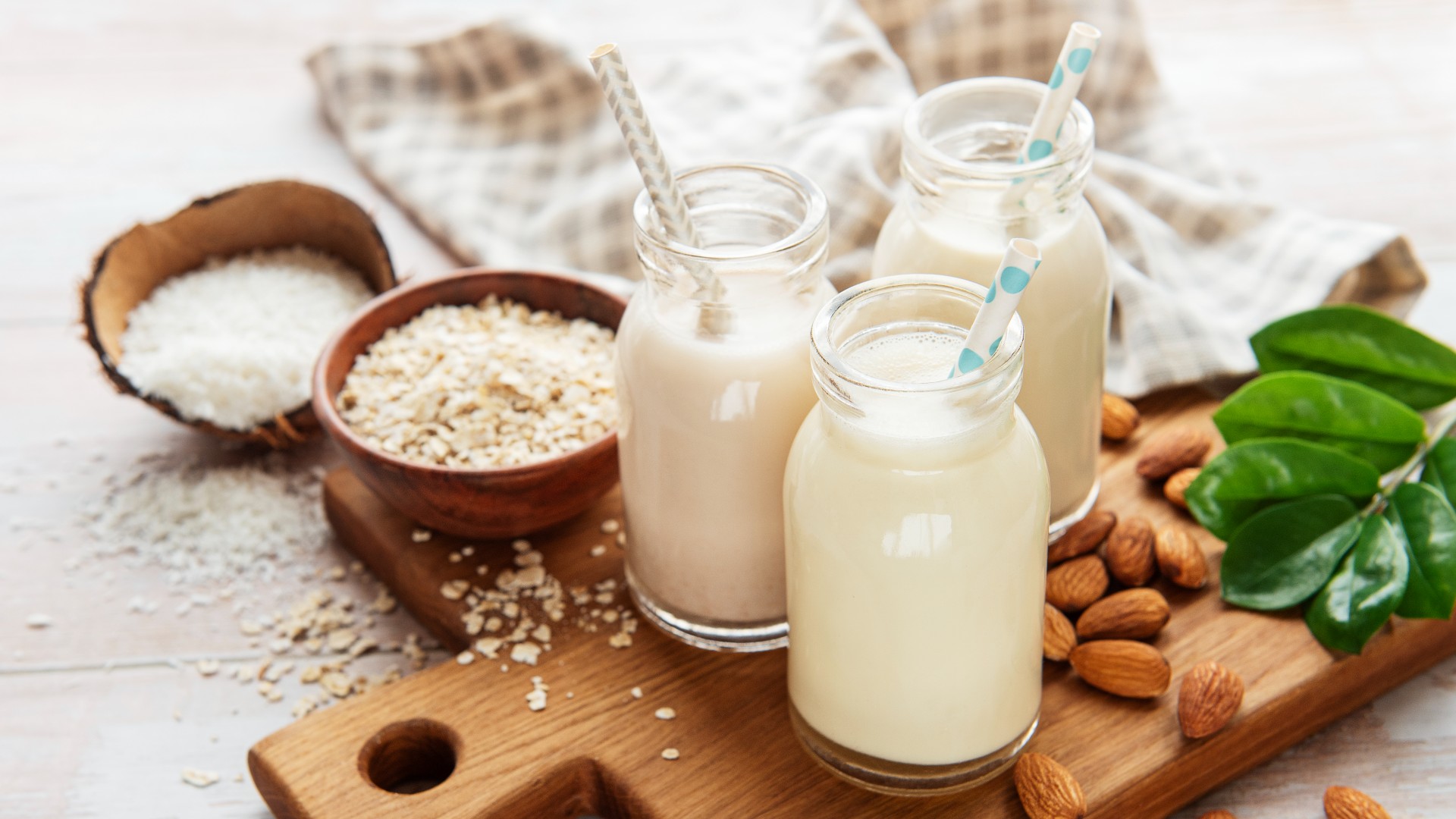
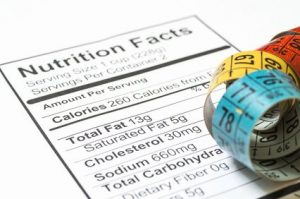

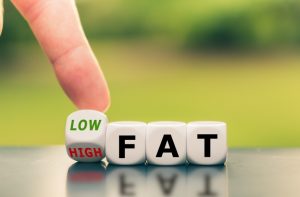
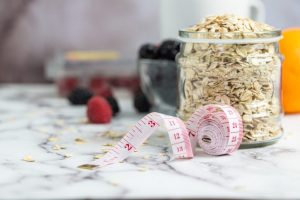
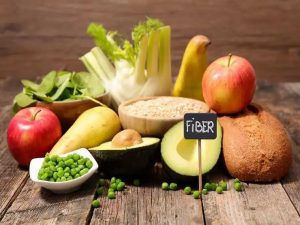
Be First to Comment